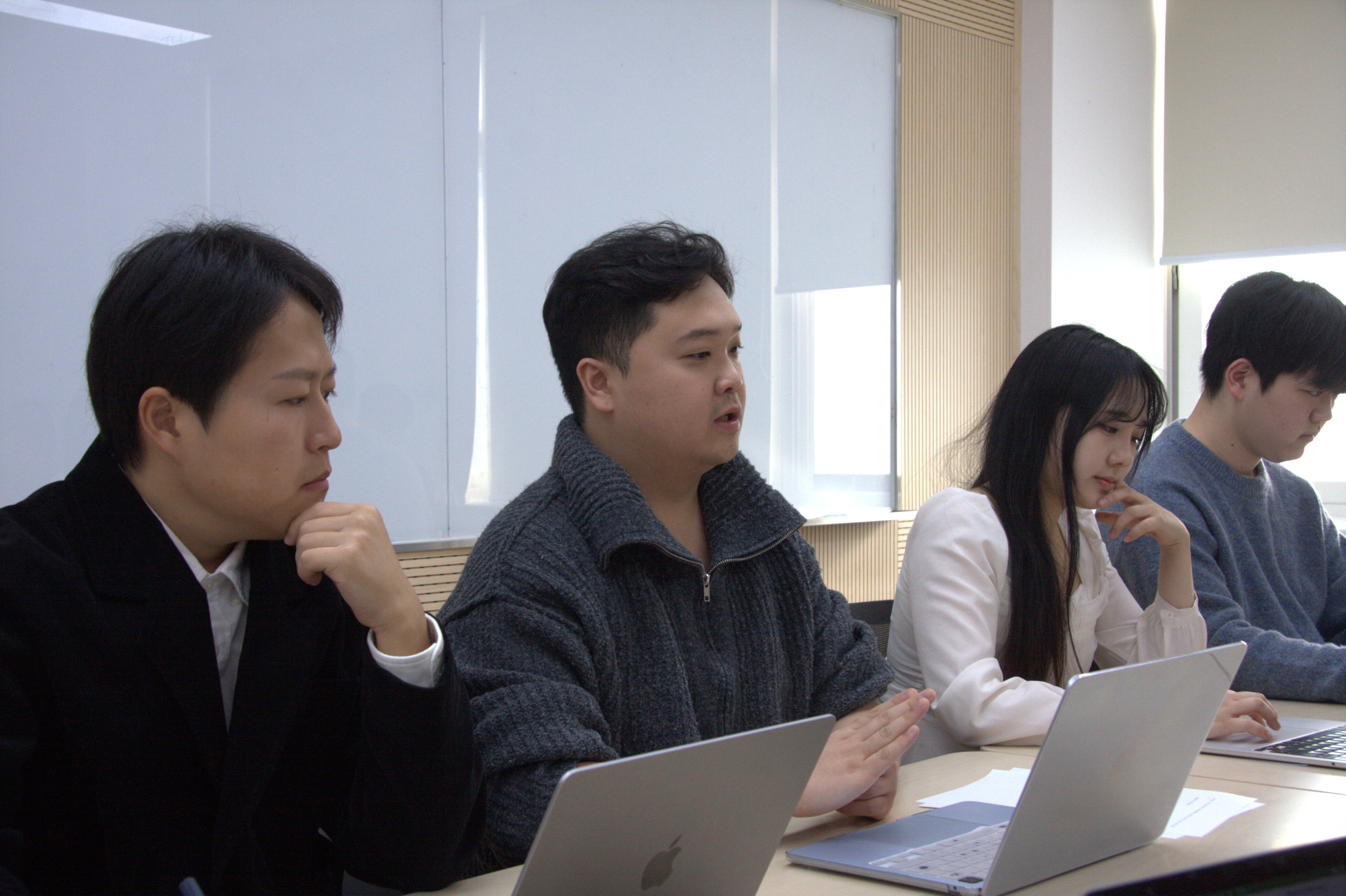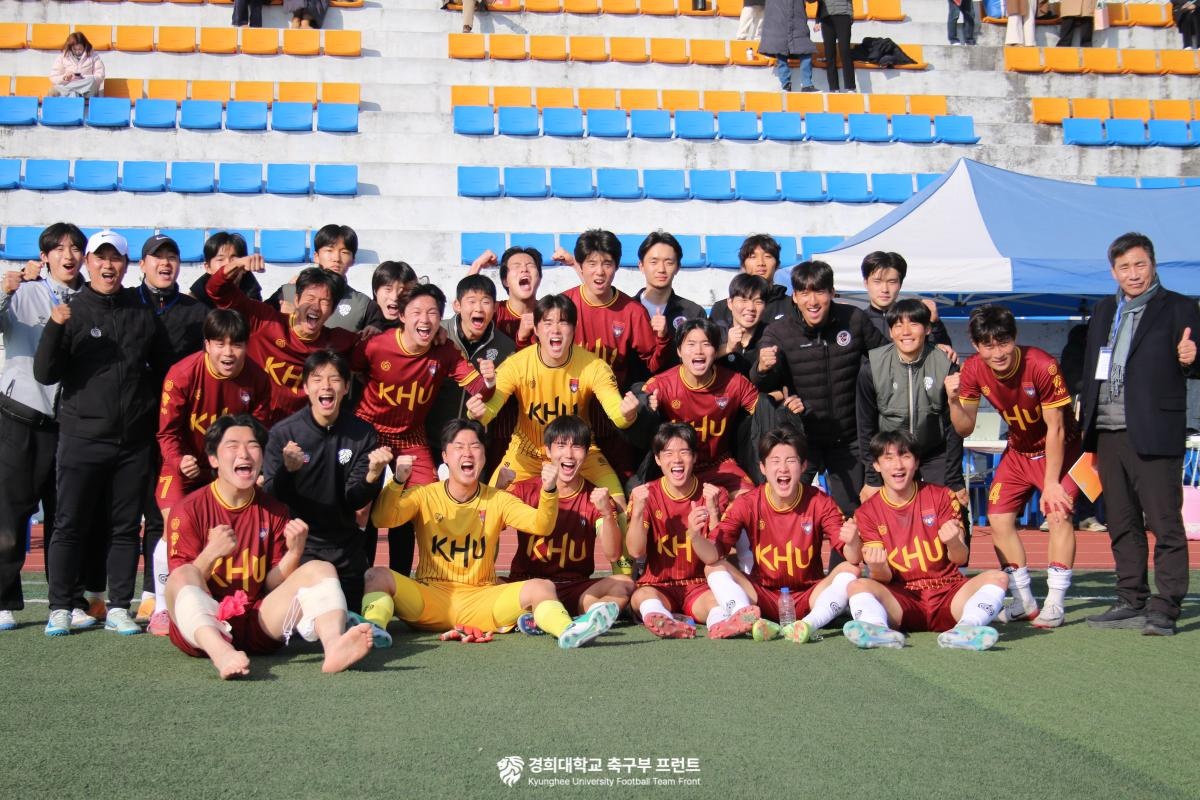[Opinion] Incheon Asian Games: the Missing of Language Diversity

“Diversity shines here” was the slogan for 2014 Incheon Asian Games. With over 13,000 athletes and officials from 45 countries participating in the 16 day mega-event, the Incheon Asian Games indeed provided a platform for competition and cultural exchange. Yet, does the “diversity” here mean cultural, ethnic or lingual diversity?
One of the objectives of the Incheon Asian Games is to “build mutual communication” among people. However, from foreign attendants’ points of view, Incheon Asian Games seemed to fail in that respect. As the Chinese journalist Su Zhang described, venue staff members and volunteers’ language ability had been a major problem during the game. “Staff members and volunteers were very professional, and they focused on their duties. However, it was often difficult for us to communicate with them. We do not share the same languages, such as English or Chinese, so it caused problems for me when I was asking for directions or competition schedules.”
Facing the same issue as Zhang, an observer team member Han-ying Lin considers language as a main problem when traveling around in Incheon. “Most of the signs in the metro system or inside the venues were written in Korean. Even if there were bilingual signs, most of them were unclear. As a foreigner, it is very possible to get lost.” In addition, Lin considered the propaganda for the Incheon Asian games to be insufficient. “You could not see many signs or advertisements regarding the game at the airport or in the city. Taxi drivers did not even know where the main venue was. Such situations were inconvenient for foreigners like me.”
As for the experienced Chinese Taipei women's tennis team coach, Tzu-lung Hsieh, he has attended several mega-sports events, including the London Olympic, in the past. In his opinion, the Incheon Asian Games venue was perfect, but the shuttle bus system was a great, big mess. “Even though there was a timetable for us to follow, shuttle buses just never showed up on time. Besides, it was difficult for us to get information from volunteers because of the language barrier. It was very often that we needed to travel by taxi on our own.”
From the response of interviewees, we can see the missing language diversity had caused much inconvenience during the game. Hosting a multinational mega-event is never an easy task. But to successfully complete the mission, special attention must be paid toward communication. It is unnecessary to think we should all communicate with foreigners in English; but if it is not English, what kinds of languages would you be able to use to pass through a language barrier, and convey your ideas to foreigners? In a world of globalization, this is an issue we need to consider.
There are no registered comments.
- 1
- 2
I agree to the collection of personal information. [view]



